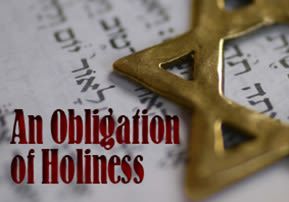
Kedoshiim: An Obligation of Holiness
The difference advocated by the Torah between Jew and non-Jew is by no means a license of chauvinism. Simply, the Jew is obligated to holiness whereas the non-Jew is not…

Parshat Kedoshim
G-d told Moshe, “Tell the Children of Israel, 'I am Hashem, your G-d. Do not follow the ways of Egypt where you once lived, nor of Canaan to where I am bringing you. Do not follow their customs.” (Vayikra 18:1-3)
According to many, this verse is the source of the specific mitzvah not to behave like the non-Jewish nations (Avodah Zarah 11a; Rashi; Rambam: Avodas Cochavim 11:1); according to the Sefer HaMitzvos (Negative Mitzvah 30), the source for this mitzvah is in the next parshah, Kedoshim (20:23). However, according to everyone, there is a mitzvah incumbent upon every Jew to not take on the customs of the non-Jews.
This does not mean, the Talmud makes perfectly clear, that a Jew is allowed to disobey the laws of a foreign country, especially when living within that country. If the non-Jewish country is law-abiding and fulfills certain halachic requirements, then another principle–dinei d'malchusa dinei–applies (literally, the law of the government is in fact law, if it is civil law and does not contradict the Torah).
What makes the first law so difficult to obey is that there is a very large "gray" area between keeping the non-Jewish customs out of Jewish society, and obeying their laws of civility; it is a gray area that has trapped many a Jewish family. Rashi sheds light by saying that what is meant by the verse is to avoid the social customs of the non-Jews, such as visiting theaters and race-tracks. The Rambam is even more specific:
"One must not go in the statutes of the non-Jews, not in clothing, not in hair-style, nor in similar things … it is all one matter and a warning not to be similar to them. Rather, a Jew should be separate from them, and be recognizable by his clothing, his actions, and by his ideas, as it says, 'I will separate you from the nations …' (Vayikra 20:26) …" (Yad Chazakah, Hilchos Avodas Cochavim 11:1)
The Rambam is even more specific in the rest of the halachah, but the basic message has already come through loud and clear: Jews are different, and must maintain this difference. It is not merely a "Jewish thing" to do–it is a Torah mitzvah, and a negative one at that.
This does not mean that this difference should create a false sense of pride, and allow the Jew to lord himself over non-Jews. This does not give a Jew license to be disrespectful to those not of his faith. This difference advocated by the Torah is, by no means, a cause of chauvinism. What it does mean is that, whereas the non-Jew does not have a mitzvah to focus on living a holy existence, a Jew does, as we are told directly at the beginning of Parashas Kedoshim:
G-d told Moshe, "Speak to the entire congregation of the Children of Israel and tell them, 'Be holy, for I, your G-d, am holy.' " (Vayikra 19:1-2)
As history has proven, this is not an easy mitzvah to keep. It is very hard, living amongst other peoples for long periods of time, working side-by-side with them, interacting with them, to not want to "fit" in … to not want to bury the difference. In fact, I remember reading in a college campus Jewish weekly one Jewish girl's response to anti-Semitism: drop everything Jewish, including the word Jew itself. She seemed to think it was an original idea.
However, as many a ba'al teshuvah has found out, when the emphasis is only on being "different," a Jew often rebels and fights to fit in. He feels estranged from the world around him, and yearns to be the same as everyone else. However, when one increases his learning of Torah, and thereby his appreciation of Torah and mitzvos, and from there, he learns what holiness is about and pursues a holy lifestyle, then the changes seem to come quite "naturally."
This is because certain clothing, and certain appearances support a holy existence more than others. Fashion becomes less important, and flashiness tends to become part of the past. Where there is holiness, there is modesty, and this too changes the attitude of the pursuer of a holy lifestyle. It is not a forced change, but a desired one–"clothing" that envelopes a desire to become close to G-d. And it is this, ultimately, that the verse comes to encourage.
***
Pinchas Winston is the author of over 95 books on various topics that deal with current issues from a traditional Jewish perspective. He has also written on the weekly Torah reading since 1993, called “Perceptions”, as well as on current topics and trends affecting Jewish history, past and present. One of his missions is to make the depth and beauty of the more mystical teachings of Torah understandable and accessible to those who can really benefit from them. Visit his website at thirtysix.org.





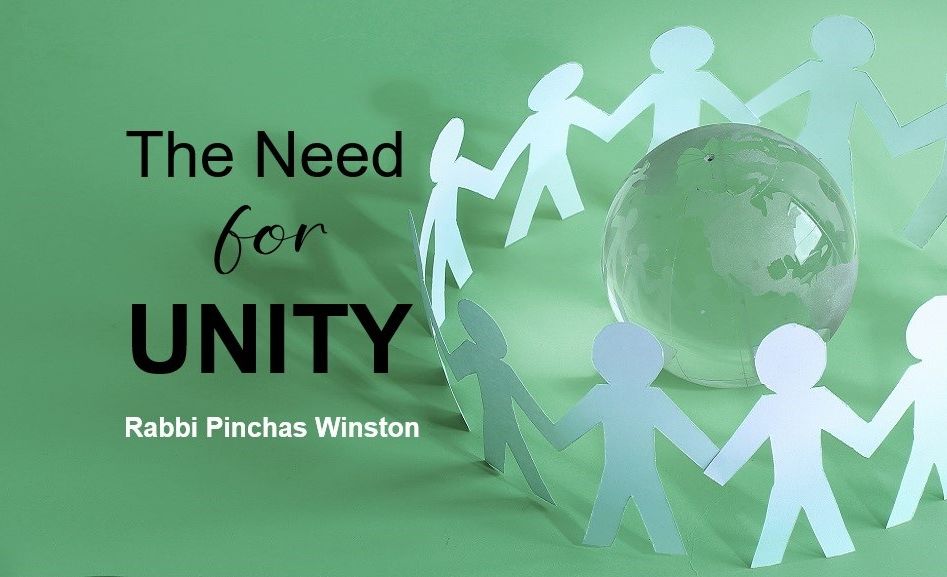


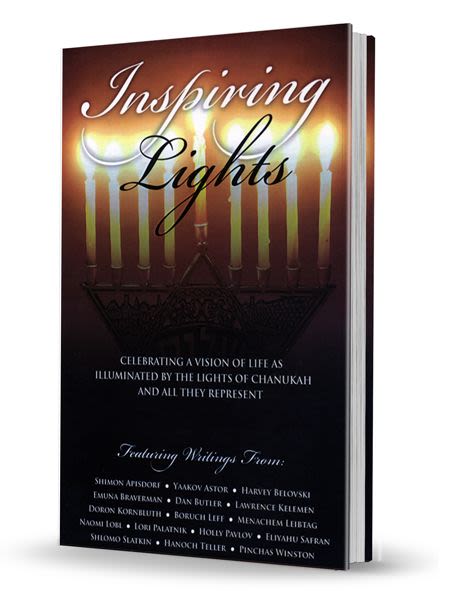
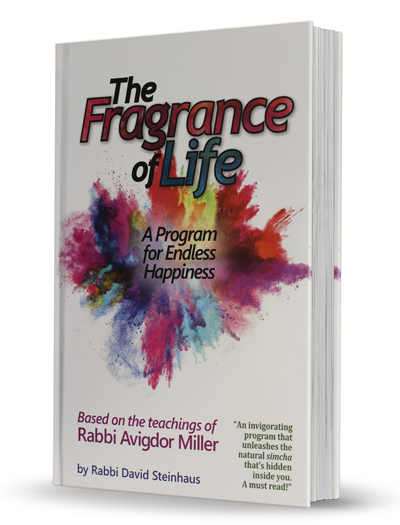
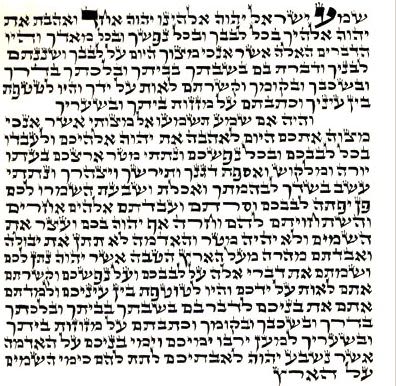

9/07/2009
Question on nonjews having no mitzvah to focus on living a holy life would not the 7 noahide laws be considered living and focusing on a righteous life?
9/07/2009
would not the 7 noahide laws be considered living and focusing on a righteous life?